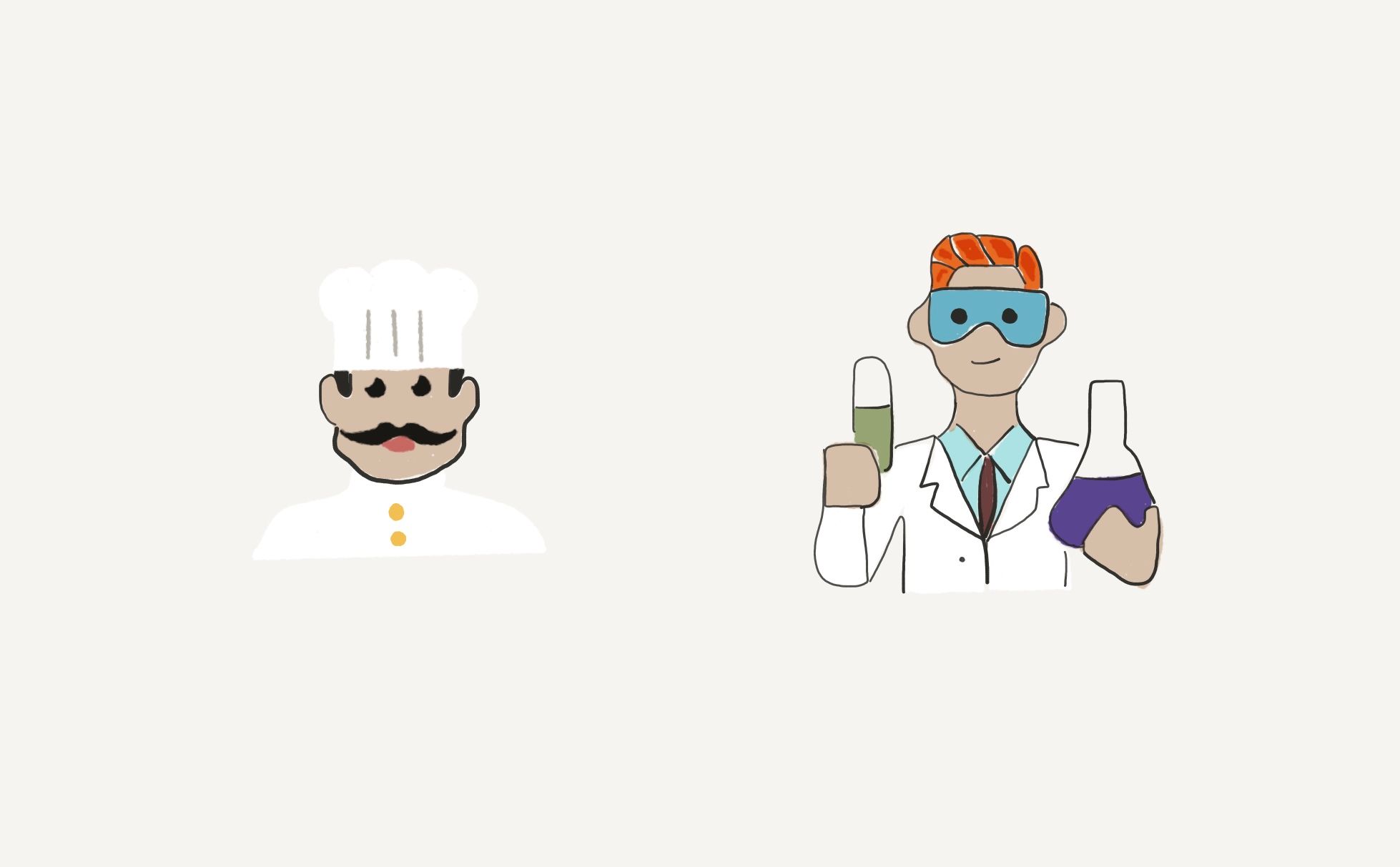Cook or chemist?

A chemist needs things to be exact. Their tools measure down to the smallest unit. It’s in a chemist’s best interest to stick to the recipe. If something is off by even a little, it’s over.
A cook does the opposite. They work off feel. Once they’ve gone through the effort of practicing a few recipes, they try their own, they experiment. They add a little more spice if it’s needed. How much? A little more.
While a chemist waits for the theory the cook uses trial and error.
There are times where you’ll want to be a chemist. And times where you’ll want to be a cook.
And I trust you’re smart enough to figure out when.
More often than not, you’ll want to be like the cook. The one who experiments with things.
The one who doesn’t wait for things to be exact before they start. The one who’s willing to ignore the recipe and go with their gut (literally).
How much empirical evidence do you need before you start?
You’ve seen people lose weight and get healthier.
You’ve seen people start their own businesses and make money.
You’ve seen people make a living from their art.
The chemist, being a fan of exact methods, methods backed up by theory likes to explain how history is great at hiding its loses. The people who failed losing weight, the people who’s business went broke and the starving artist.
But the cook knows not every dish works out perfect. That’s part of the craft. Sometimes you make things which resemble road kill. The cook benefits by treating these all as information. Information for the next experiment.
While a chemist wants everything to turn out exactly as they expect each time.
The thrill of being a cook is not knowing how things will go. But trying them anyway.
When someone asks why you're not doing something a certain way, let them know, "cooks not chemists."
